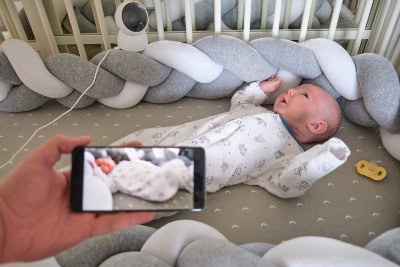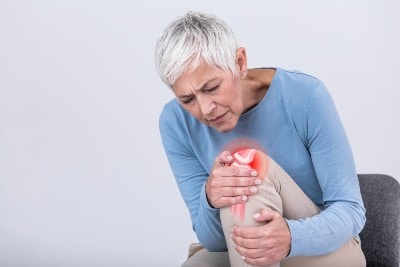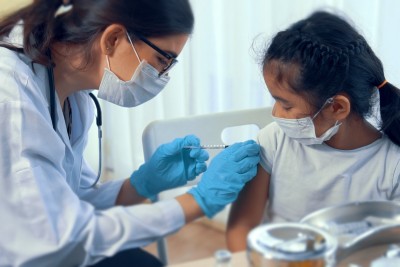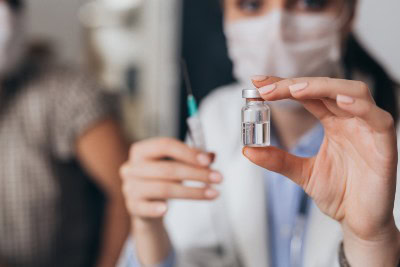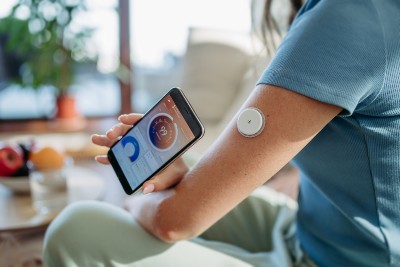In the past few years, parents have been attracted to at-home devices to monitor their infant’s vital signs during sleep, which are meant to offer reassurance by providing parents with continuous real-time data. Infant devices might measure, for example, respiratory rate, heart rate, peripheral oxygen saturation, and sleep quality. Beyond just crib cameras, some options include wearable socks, belts, and swaddles. There is virtually no guidance for providers on advising families about the devices or …
Read More